Home>Articles>What Happens If You Finish Basement Without Permit
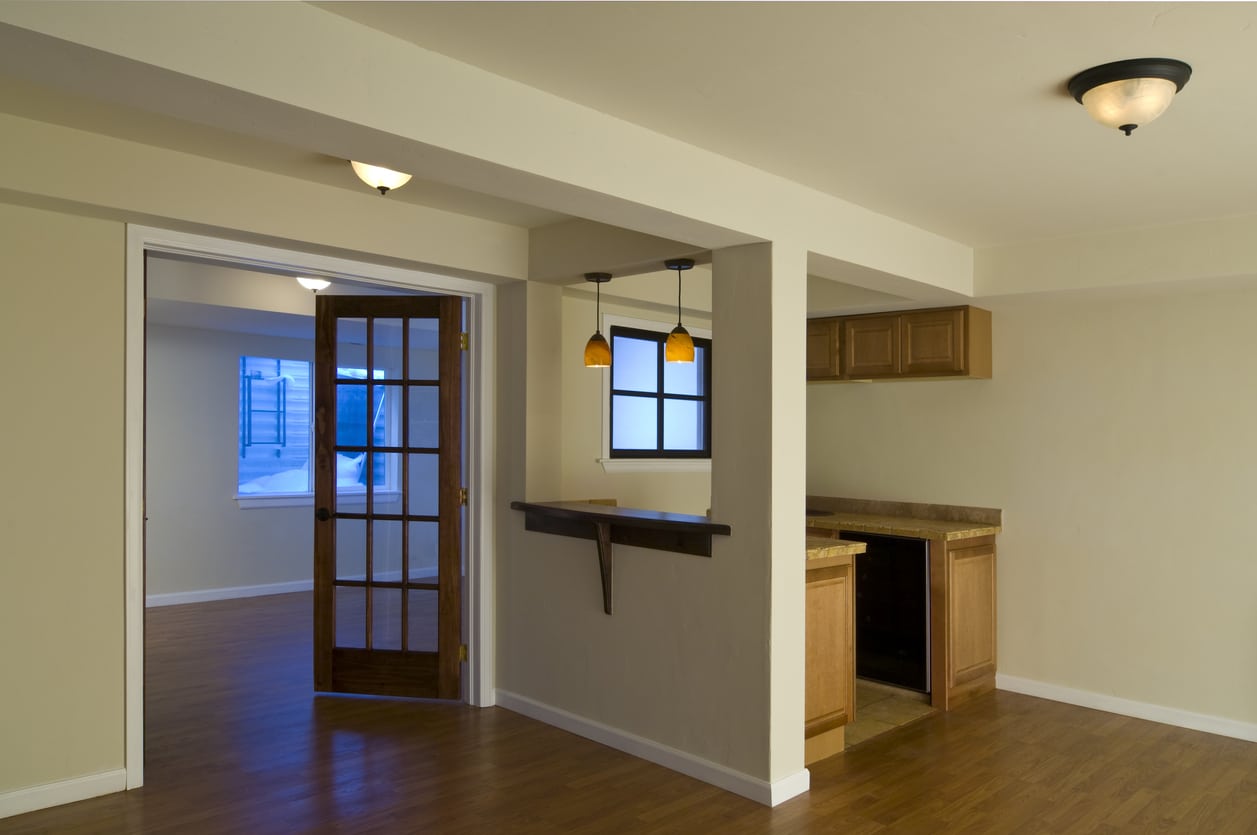

Articles
What Happens If You Finish Basement Without Permit
Modified: January 9, 2024
Discover the consequences of finishing your basement without a permit. Read our informative articles on the risks and potential legal issues involved to protect yourself.
(Many of the links in this article redirect to a specific reviewed product. Your purchase of these products through affiliate links helps to generate commission for Storables.com, at no extra cost. Learn more)
Introduction
When it comes to home improvement projects, finishing the basement is a great way to create extra living space and increase the value of your home. However, many homeowners may be tempted to skip the process of obtaining a building permit for their basement renovation. While it may seem like a minor inconvenience, finishing a basement without a permit can have serious consequences.
Building permits are issued by local government authorities to ensure that construction projects meet safety and code regulations. They are required for most major home renovations, including basement finishing. Obtaining a building permit involves submitting detailed plans and paying a fee, but it is an essential step to ensure that the project is done correctly and safely.
In this article, we will explore the risks and legal consequences of finishing a basement without a permit. We will also discuss the potential issues that may arise from unpermitted basement renovations, as well as the insurance implications. Additionally, we will highlight the benefits of obtaining permits for basement renovations and provide guidance on the steps to take if you have already finished your basement without a permit.
Understanding the importance of building permits for basement renovations is crucial for homeowners, as it can protect them from future complications and provide peace of mind. Let’s take a closer look at the risks involved in finishing a basement without obtaining the necessary permits.
Key Takeaways:
- Finishing a basement without a permit can lead to legal consequences, safety hazards, insurance coverage issues, and a negative impact on the resale value of your home. It’s crucial to obtain the necessary permits to ensure compliance and protect your investment.
- If you’ve finished your basement without a permit, take proactive steps to rectify the situation. Research local regulations, consult with professionals, apply for retroactive permits, and address any compliance issues. This will help bring your basement renovations into compliance and safeguard the safety, value, and marketability of your home.
Understanding Building Permits for Basement Renovations
Before delving into the risks and consequences of finishing a basement without a permit, it’s important to understand the purpose and importance of building permits for basement renovations.
Building permits are issued by local government authorities to regulate and oversee construction activities. They serve as a means of ensuring that the renovations comply with safety codes, zoning regulations, and other building standards. By obtaining a building permit, homeowners are demonstrating their commitment to building a safe and structurally sound space.
When it comes to basement renovations, there are several factors that may require a building permit. These may include electrical work, plumbing installations, structural changes, or changes to the egress routes. It’s important to consult with your local building department to determine the specific requirements for basement renovations in your area.
Obtaining a building permit involves submitting detailed plans, including architectural drawings, electrical and plumbing layouts, and other specifications. These plans are reviewed by building officials to ensure compliance with building codes and to identify any potential issues that need to be addressed before construction begins.
Once the permit is granted, it is typically displayed at the construction site to inform inspectors that the work is being done according to approved plans. Inspections are an integral part of the permit process and are conducted at various stages of the renovation to ensure that the work is being done correctly and in compliance with the building codes.
It’s important to note that building permits not only protect the homeowner but also the surrounding community. They help maintain the overall safety and integrity of the neighborhood by ensuring that renovations are done correctly and do not pose a risk to the occupants or the surrounding properties.
In summary, building permits are an essential part of the basement renovation process. They ensure that the renovations meet safety and building code requirements, protect the homeowner and the community, and provide peace of mind that the project is being carried out properly. Neglecting to obtain a permit can have serious consequences, which we will explore in the following sections.
Risks of Finishing a Basement Without a Permit
While it may be tempting to skip the process of obtaining a building permit for your basement renovation, there are several risks involved in finishing a basement without the necessary permits.
1. Legal Consequences: The most immediate risk of finishing a basement without a permit is facing legal consequences. Building codes and regulations are in place to ensure the safety of occupants and the structural integrity of the building. Constructing or renovating a basement without proper permits is a violation of these codes and can result in fines, penalties, and even legal action.
2. Safety Hazards: Building permits require adherence to safety codes. Without the review and inspection process that accompanies obtaining a permit, there is a higher chance of overlooking crucial safety measures. This can lead to hazards such as electrical problems, inadequate ventilation, or faulty plumbing installations.
3. Insurance Coverage: Another significant risk of finishing a basement without a permit is potential issues with your insurance coverage. When you make renovations to your home without proper permits, your insurance company may consider these modifications as non-compliant with local building codes. This can result in denial of coverage or complications when filing claims related to the renovated area.
4. Resale Value: Unpermitted renovations can have a negative impact on the resale value of your home. Prospective buyers may be hesitant to purchase a property with unpermitted renovations, as it raises concerns about the quality of workmanship and compliance with safety standards. Additionally, if you decide to sell your home, you may be required to disclose any unpermitted work, further reducing its market value.
5. Future Modifications: If you finish your basement without obtaining a permit, you may encounter difficulties if you want to make future modifications or additions to the space. Building permits provide a blueprint of the renovations, making it easier for contractors or future homeowners to understand the existing structure and make necessary changes.
It is crucial to recognize the potential risks and consequences of finishing a basement without a permit. It is better to invest the time and effort in obtaining the necessary permits to ensure the safety, legality, and long-term value of your home.
Legal Consequences of Unpermitted Basement Renovations
Finishing a basement without the appropriate permits can lead to a range of legal consequences that homeowners should be aware of. Local building departments are responsible for enforcing building codes and regulations, and if they discover unpermitted renovations, they can take several actions:
1. Cease and Desist Orders: Upon discovering unpermitted basement renovations, building authorities can issue a cease and desist order, halting all construction activities until the necessary permits are obtained. This can result in delays and additional costs, as it may require tearing down completed work to comply with building codes.
2. Fines and Penalties: Homeowners who have finished their basements without permits may face hefty fines and penalties. The exact amount can vary depending on the local regulations, the extent of the unpermitted work, and the number of violations. These fines can accumulate quickly and have a significant financial impact.
3. Code Compliance: In some cases, if unpermitted work is identified, building authorities may require homeowners to bring the renovations up to code. This can involve making expensive changes or additions to the construction to meet safety standards. Failure to comply with these requirements may result in further penalties or legal action.
4. Legal Action: If the unpermitted renovations pose significant safety risks or violations, building authorities have the power to take legal action against the homeowner. This can result in court proceedings and potentially even criminal charges. Legal action can be a lengthy and costly process, adding to the overall consequences of unpermitted basement renovations.
5. Difficulty Selling the Property: Unpermitted renovations can pose challenges when selling the property. Prospective buyers may be deterred from purchasing a home with unpermitted work due to concerns about the quality and safety of the renovations. Additionally, real estate agents and mortgage lenders may require disclosure of any unpermitted work, potentially complicating the selling process.
It’s important to remember that building departments have the authority to investigate and enforce compliance with building codes and regulations. They may conduct inspections, respond to complaints from neighbors, or discover unpermitted work through routine checks. Unpermitted basement renovations can expose homeowners to significant legal risks and financial consequences.
To avoid these legal ramifications, it is crucial to always obtain the necessary building permits before starting any basement renovation project. Working within the legal framework ensures the safety of your home, protects your investment, and prevents unnecessary legal issues in the future.
Possible Issues with Unpermitted Basement Renovations
Finishing a basement without obtaining the necessary permits can lead to a variety of issues that homeowners should be aware of. These issues can arise during and after the renovation process, and can have both practical and financial implications. Here are some possible issues that may arise from unpermitted basement renovations:
1. Safety Concerns: Building permits are required to ensure that renovations meet safety standards. Without the oversight of building officials, unpermitted basement renovations may pose safety risks to occupants. For example, electrical work may not be up to code, leading to potential fire hazards. Plumbing installations may not be properly sealed, resulting in water damage or leaks. Ignoring safety guidelines can put the occupants of the home at risk of injury or harm.
2. Structural Integrity: Basement renovations often involve structural changes, such as removing walls or adding support beams. Without a permit, homeowners may not have the guidance of a building inspector to ensure that these modifications are done correctly. This can lead to compromised structural integrity, which can result in future problems such as sagging floors or walls and potential collapse.
3. Lack of Insurance Coverage: Insurance companies may deny claims related to unpermitted renovations. Insurance policies typically require that all renovations be compliant with local building codes. If you have an unpermitted basement renovation, your insurance company may argue that the renovations were not done to code and therefore do not qualify for coverage. This can leave you financially responsible for any damages or losses.
4. Deterioration: Unpermitted renovations may not have undergone inspections to ensure proper construction techniques and materials. As a result, these renovations may deteriorate at a faster rate compared to permitted renovations. This can lead to costly repairs or replacements in the future.
5. Difficulty Selling the Property: When selling a home with unpermitted basement renovations, you may encounter difficulties. Prospective buyers may have concerns about the quality and safety of the work done. They may demand a discount or ask for the renovations to be brought up to code before proceeding with the purchase. The presence of unpermitted renovations can significantly impact the marketability of your property.
6. Building Department Involvement: If unpermitted renovations are discovered, building authorities may become involved. They can require invasive inspections, demand corrective measures, and potentially issue fines or legal penalties. Dealing with building department involvement can be time-consuming, stressful, and costly.
It is important to recognize the potential issues that can arise from unpermitted basement renovations. These issues can have serious consequences for the safety of occupants, financial stability, and the future saleability of your home. To avoid these problems, always obtain the necessary permits and ensure that your renovation is done in compliance with building codes and regulations.
Finishing a basement without a permit can lead to fines, legal issues, and problems with insurance and resale. Always check local regulations before starting any home improvement project.
Insurance Implications of Unpermitted Basement Renovations
Finishing a basement without obtaining the necessary permits can have significant implications for your insurance coverage. Insurance companies have specific requirements when it comes to home renovations, and unpermitted work can result in complications and potential denial of claims. Here are some insurance implications of unpermitted basement renovations:
1. Denial of Coverage: Insurance policies typically require that all renovations be done in compliance with local building codes. If you have unpermitted basement renovations and a claim arises related to that area, your insurance company may argue that the renovations were not done to code and deny coverage. This can leave you financially responsible for any damages or losses.
2. Policy Non-Renewal: Insurance companies may choose not to renew your policy if they discover unpermitted renovations during a routine inspection or when you make a claim. The presence of unpermitted work can be seen as an increased risk, and the insurance company may decide to terminate the policy at the end of its term.
3. Higher Premiums: Even if your policy is not canceled, unpermitted renovations can still affect your premiums. Insurance companies may deem your home higher risk due to the unpermitted work, potentially leading to increased premiums. You may end up paying more for your insurance coverage as a result.
4. Limited Coverage: If you have unpermitted basement renovations, your insurance coverage may be limited for damages related to that area of the home. Your policy may exclude coverage for any damages, losses, or liabilities associated with the unpermitted work. This can leave you exposed to significant financial risk if something goes wrong.
5. Liability Concerns: Unpermitted basement renovations can also impact liability coverage. If an accident or injury occurs in the renovated area and it is determined that the work was done without proper permits, your insurance company may argue that you did not exercise due care and responsibility. This could result in a denial of coverage for any liability claims related to the unpermitted renovations.
It is crucial to understand the potential insurance implications of unpermitted basement renovations. Before starting any renovation project, it is important to consult with your insurance company to understand their requirements and ensure that you have the appropriate coverage. Taking the time to obtain the necessary permits and comply with building codes will help protect your investment and ensure that you have the coverage you need in case of any unforeseen events.
Benefits of Obtaining Permits for Basement Renovations
Obtaining the necessary permits for your basement renovations may seem like an extra hassle and expense, but it comes with several significant benefits that should not be overlooked. Here are some of the key benefits of obtaining permits for basement renovations:
1. Compliance with Building Codes: Building codes are in place to ensure the safety and structural integrity of buildings. By obtaining permits, you are ensuring that your basement renovations comply with these codes. Building inspectors will review your plans and conduct inspections at various stages of the project, helping to identify any potential issues and ensuring that the work is done correctly.
2. Safety and Peace of Mind: Building permits require adherence to safety codes, which help protect you and your family from potential hazards. By following the proper permit process, you can have peace of mind knowing that your basement renovations have been reviewed by experts who have ensured that safety measures are in place. This includes proper electrical installations, ventilation systems, structural integrity, and more.
3. Insurance Coverage: Having permits for your basement renovations can help ensure that your insurance coverage remains valid. Insurance companies often require that renovations be done in compliance with building codes. If you have unpermitted renovations and need to make a claim, your insurance company may deny coverage or require additional proof that the work was done correctly. Having the necessary permits ensures that your renovations are compliant and eligible for coverage.
4. Increased Resale Value: A professionally finished basement with the proper permits adds value to your home. When it comes time to sell, potential buyers will appreciate the peace of mind that comes with knowing the renovations were done correctly and in compliance with local regulations. Having the necessary permits can attract more buyers and potentially increase the resale value of your property.
5. Future Modifications and Documentation: If you obtain permits for your basement renovations, you will have a documented record of the work that has been done. This can be valuable if you decide to make future modifications or additions to the space. Contractors will have a clear understanding of the existing structure, making it easier and more efficient to make changes. It also provides a sense of transparency to anyone who works on your property in the future.
6. Avoiding Legal Consequences and Fines: Finally, obtaining permits for your basement renovations helps you avoid legal consequences and potential fines. Building authorities have the power to issue cease and desist orders, impose penalties, or even take legal action if unpermitted work is discovered. By following the proper permit process, you can avoid these risks and the associated costs and stress.
In summary, obtaining permits for your basement renovations is not just a bureaucratic process but a vital step to ensure the safety, compliance, and long-term value of your home. It provides peace of mind, protection, and enhances your property’s marketability. Taking the time and effort to obtain permits is a worthwhile investment in the success and integrity of your basement renovation project.
Steps to Take if You’ve Finished Your Basement Without a Permit
Discovering that you have finished your basement without obtaining the necessary permits can be a concerning situation. However, there are steps you can take to address this issue and rectify the situation. Here are some crucial steps to consider if you’ve finished your basement without a permit:
1. Research Local Regulations: Start by researching the specific regulations and requirements for basement renovations in your local area. Visit your local building department’s website or give them a call to understand the process for retroactive permits and any fines or penalties that may apply. Understanding the local regulations will help you navigate the next steps.
2. Consult with a Professional: It is advisable to consult with a professional, such as a licensed contractor or architect, who has experience dealing with retroactive permits. They can assess your basement renovation, identify any potential code violations, and provide guidance on how to bring the project up to code. Their expertise will be valuable in the next steps of the process.
3. Prepare Documentation: Gather all available documentation related to the basement renovation. This includes any plans, invoices, receipts, and photographs that show the work that has been done. Having this documentation readily available will help in the permit application process and serve as evidence of the quality and compliance of the work.
4. Apply for Retroactive Permits: Contact your local building department to inquire about the process for applying for retroactive permits. They may require you to complete an application form and provide the necessary documentation of the work that has been done. Be prepared to pay any associated fees and fines that may apply. Follow their instructions closely to ensure a smooth application process.
5. Arrange for Inspections: Once you have applied for retroactive permits, the building department will schedule inspections to assess the work that has been completed. These inspections are crucial to verify that the renovations meet the required safety and building code standards. Make sure that the space is accessible and ready for inspection on the scheduled dates.
6. Address Any Compliance Issues: During the inspection process, the building department may identify areas that do not meet the required code standards. If there are any compliance issues, work with your professional contractor or architect to address and resolve these concerns. This may involve making necessary changes or modifications to bring the basement up to code.
7. Keep Documentation: As you make any necessary changes or modifications, document the process with photographs, receipts, and any additional paperwork. This documentation will serve as evidence of your efforts to comply with the building codes for future reference.
8. Complete the Process: Once all inspections have been conducted and any required changes have been made to bring the basement up to code, the building department may issue the retroactive permits. Keep a copy of these permits for your records and ensure they are easily accessible should you need them in the future.
It’s important to note that every situation is unique, and the specific steps and requirements may vary depending on your local building department and the scope of the renovation. Consulting with professionals and working closely with the building department throughout the process will help ensure compliance and a positive resolution.
While addressing the situation of finishing your basement without a permit may involve some effort, it is essential to rectify the situation to ensure the safety, compliance, and long-term value of your home. By taking the necessary steps, you can navigate through the process smoothly and bring your basement renovation project into compliance with local regulations.
Conclusion
Finishing a basement without obtaining the necessary permits may seem like a tempting shortcut, but the risks and consequences far outweigh any potential benefits. Building permits are put in place to ensure the safety, compliance, and integrity of construction projects, including basement renovations. Neglecting to obtain permits can lead to a range of legal, safety, and financial issues that homeowners should be aware of.
Understanding the importance of building permits for basement renovations is crucial. Obtaining permits demonstrates a commitment to building a safe and structurally sound space, and it helps protect homeowners from potential legal consequences. Building permits also ensure that renovations meet safety codes, and they provide peace of mind to homeowners and potential buyers.
Unpermitted basement renovations can result in a variety of risks and issues. From safety hazards and insurance complications to potential deterioration and difficulties with property resale, the implications can be significant. Additionally, unpermitted renovations can lead to legal consequences, fines, and even legal action from building authorities.
If you find yourself in a situation where you have finished your basement without permits, it’s essential to take the necessary steps to rectify the situation. This includes researching local regulations, consulting with professionals, applying for retroactive permits, and addressing any compliance issues that may arise during inspections. By following these steps, you can work towards bringing your basement renovations into compliance and protecting your investment in your home.
In the end, obtaining the necessary permits for basement renovations is not just a bureaucratic process; it is a responsible and essential step. Proper permits ensure the safety of occupants, protect against legal consequences, provide insurance coverage, enhance property value, and facilitate future modifications. By following the proper permit process, homeowners can embark on basement renovations with confidence, knowing that their project is being conducted in compliance with local building codes and regulations.
So, before starting your basement renovation project, always remember the importance of obtaining the necessary permits. It’s a small investment of time and effort that can have a significant impact on the success and integrity of your renovation, as well as the overall value and safety of your home.
Frequently Asked Questions about What Happens If You Finish Basement Without Permit
Was this page helpful?
At Storables.com, we guarantee accurate and reliable information. Our content, validated by Expert Board Contributors, is crafted following stringent Editorial Policies. We're committed to providing you with well-researched, expert-backed insights for all your informational needs.

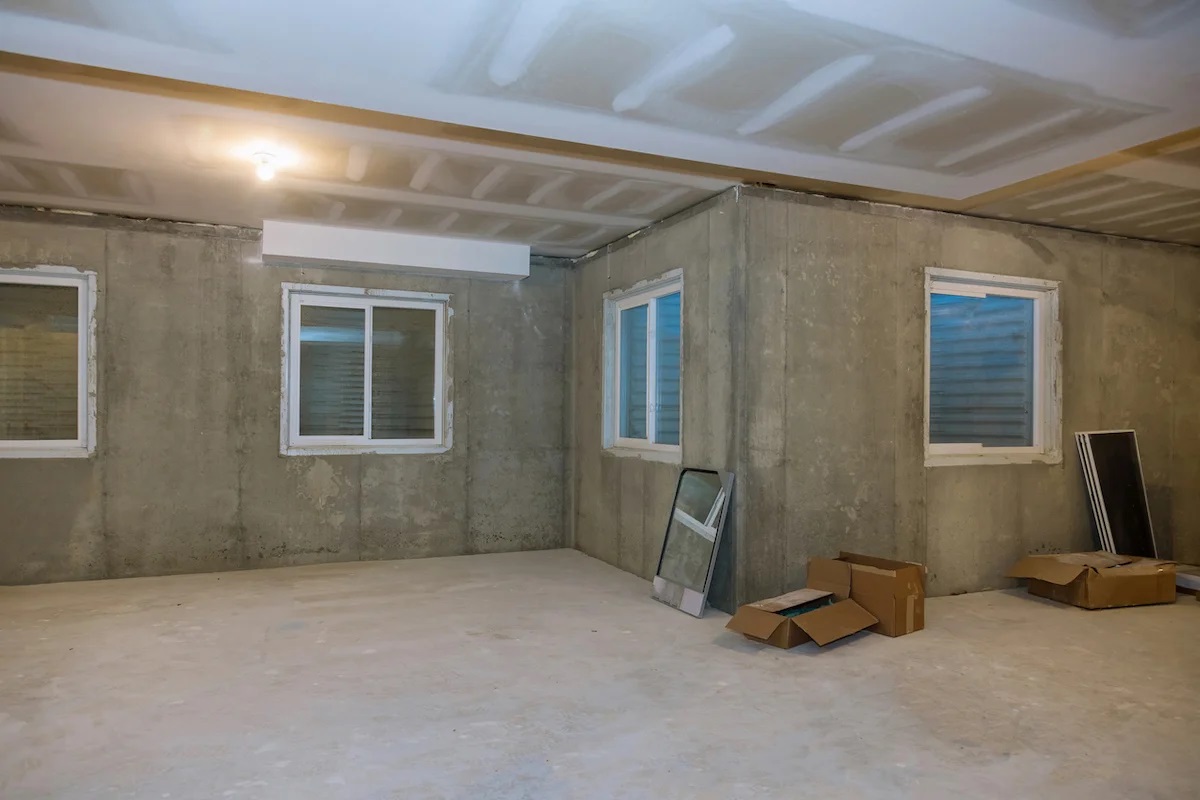
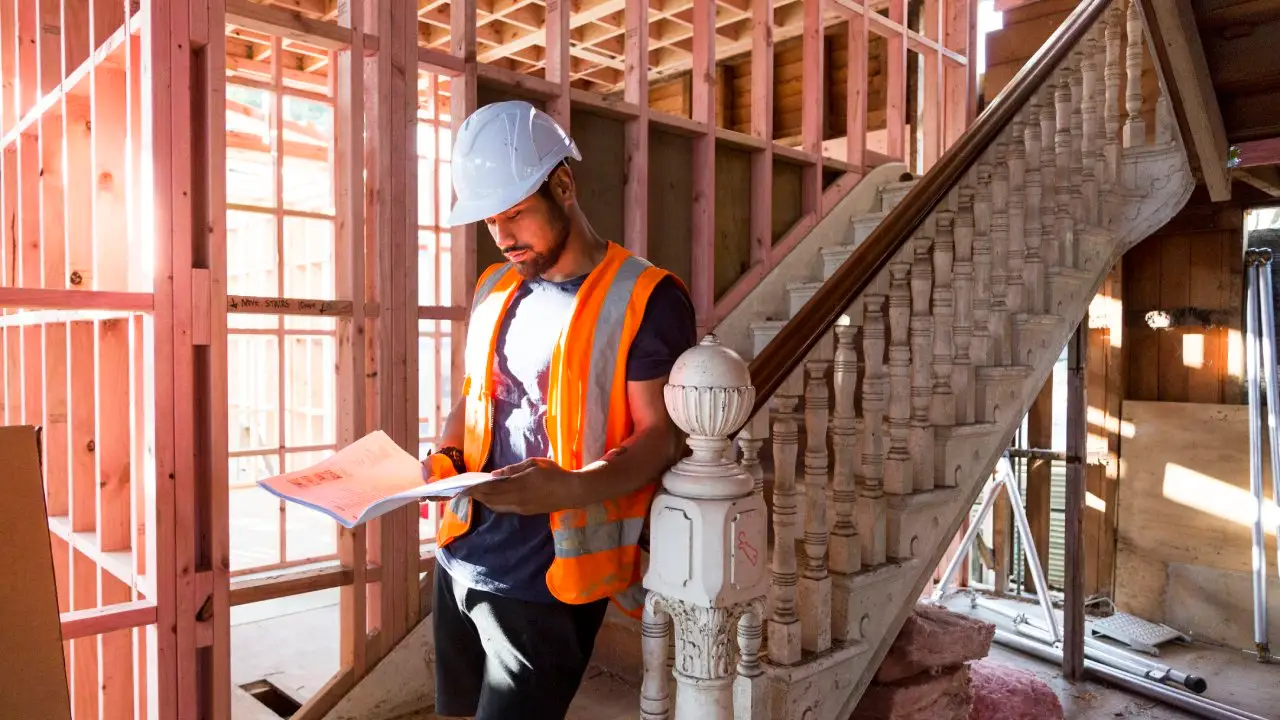
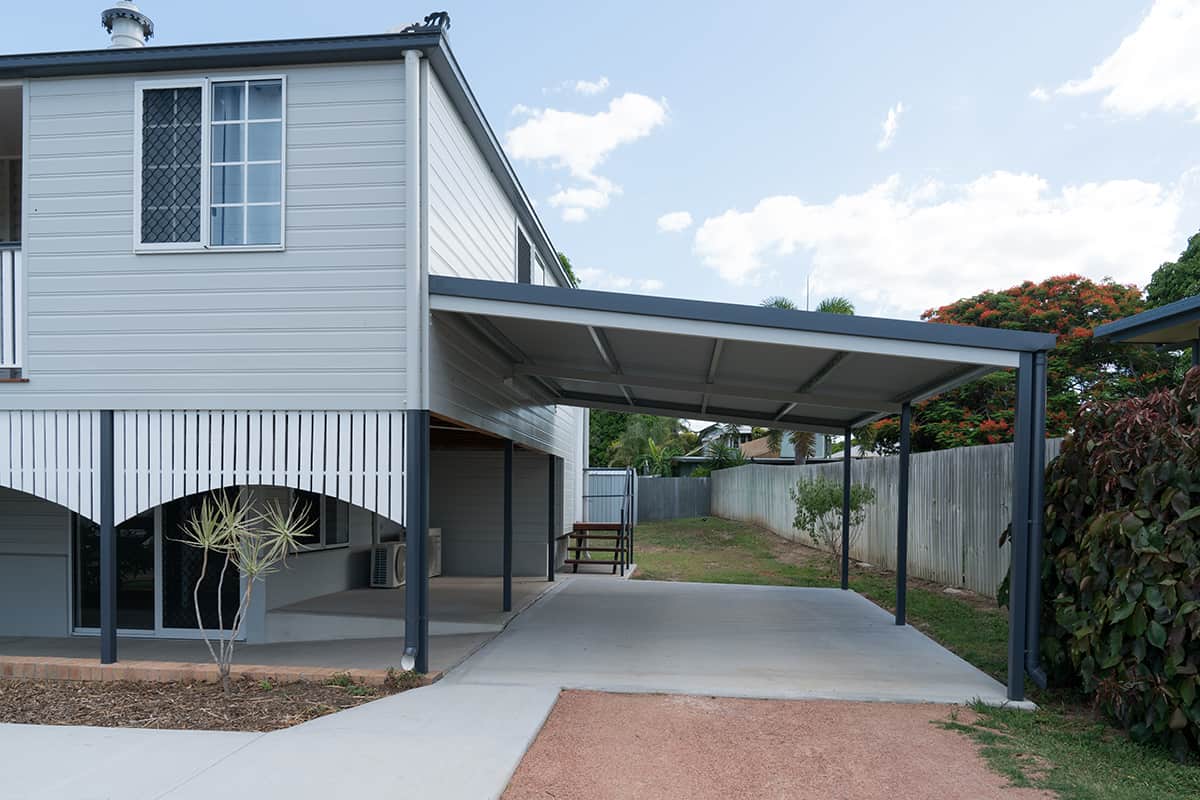

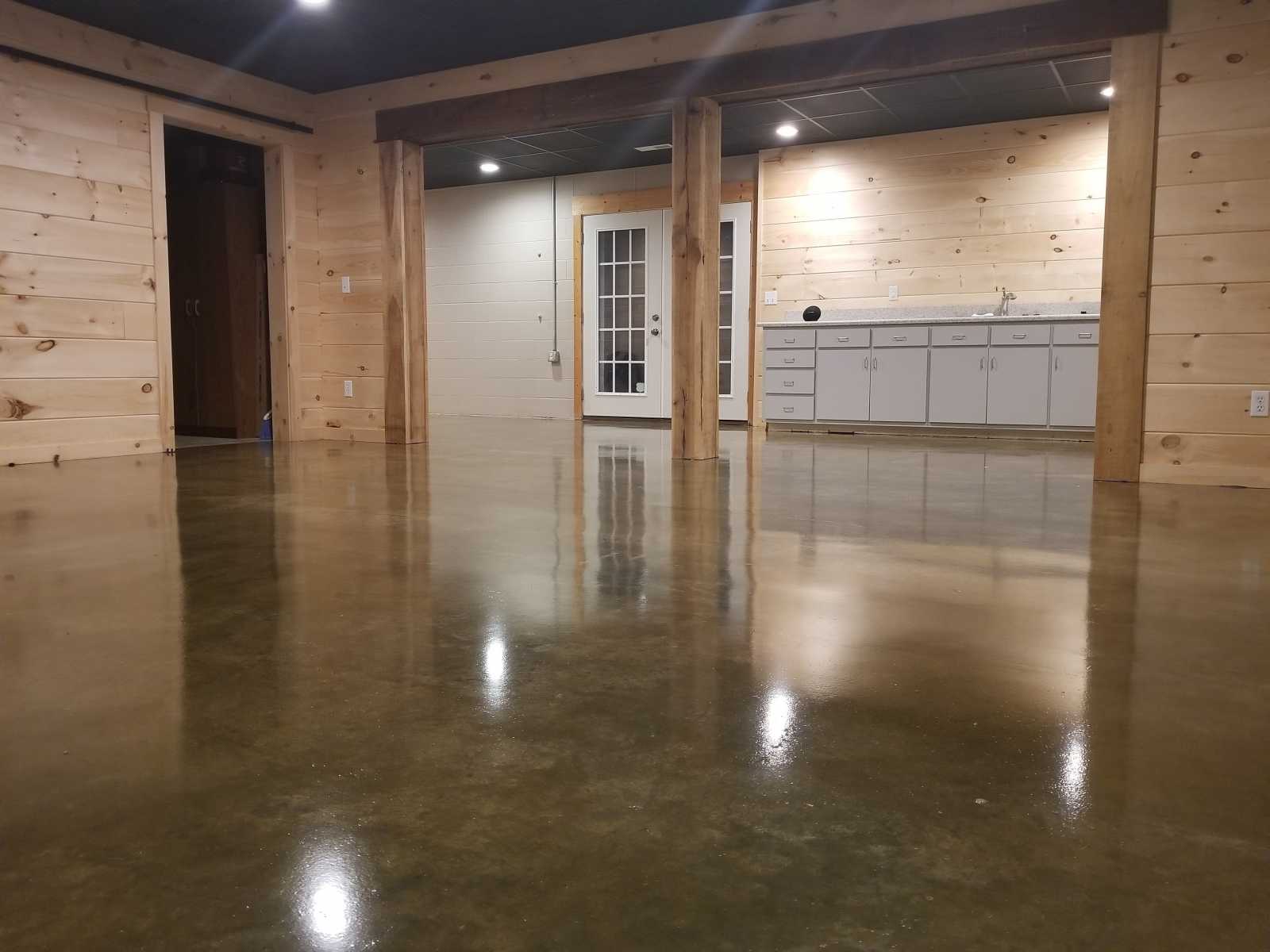

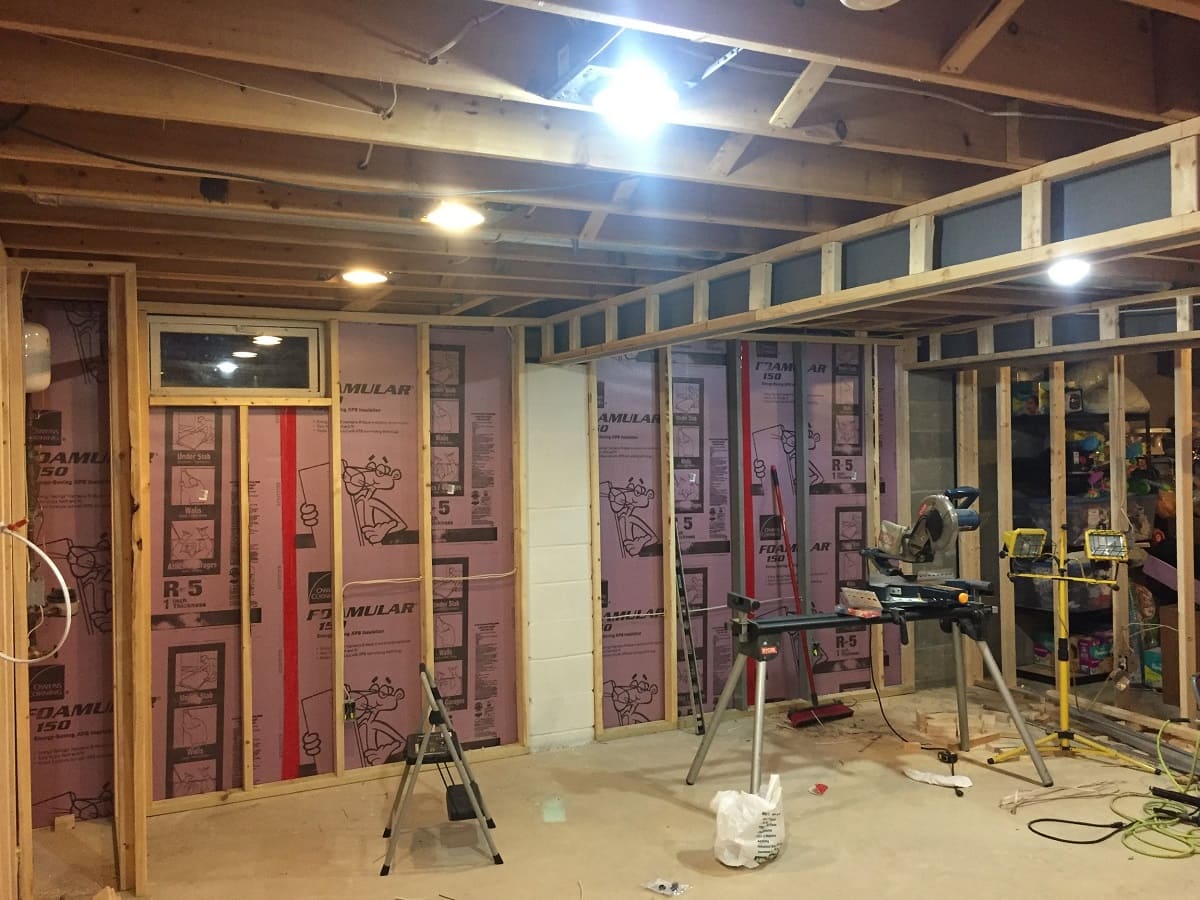
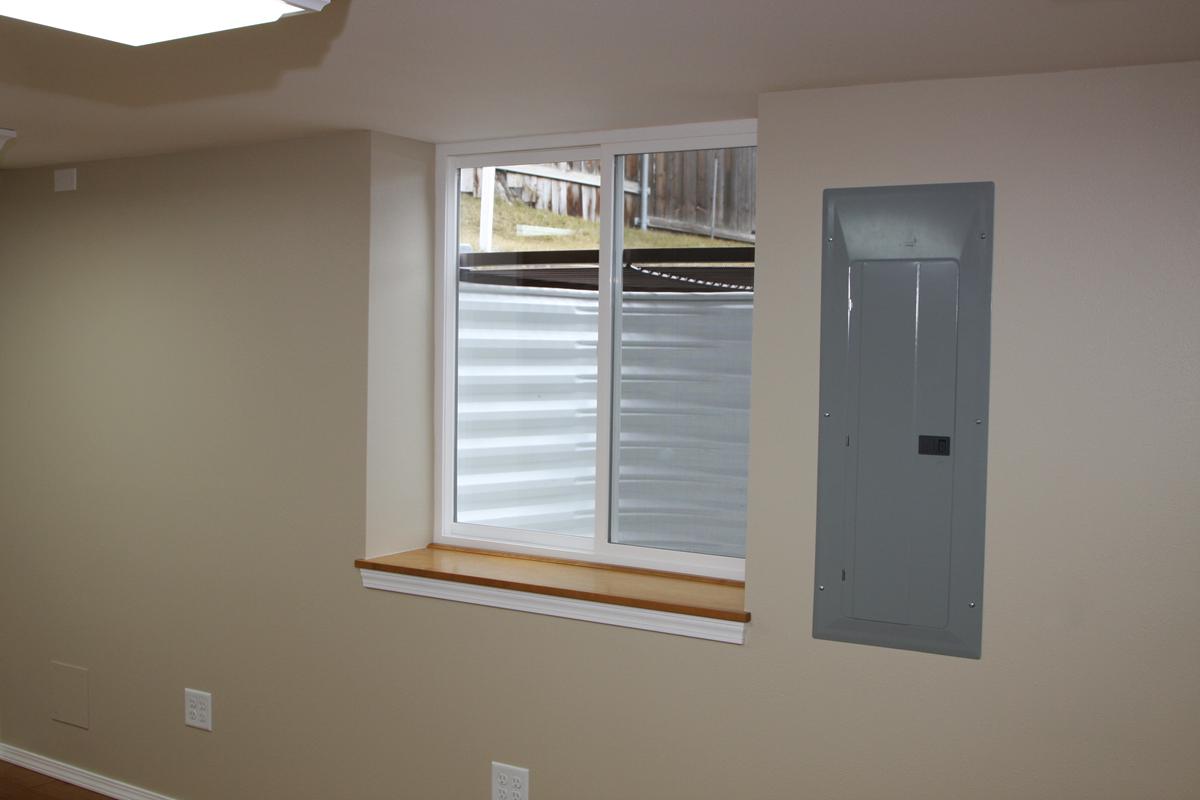
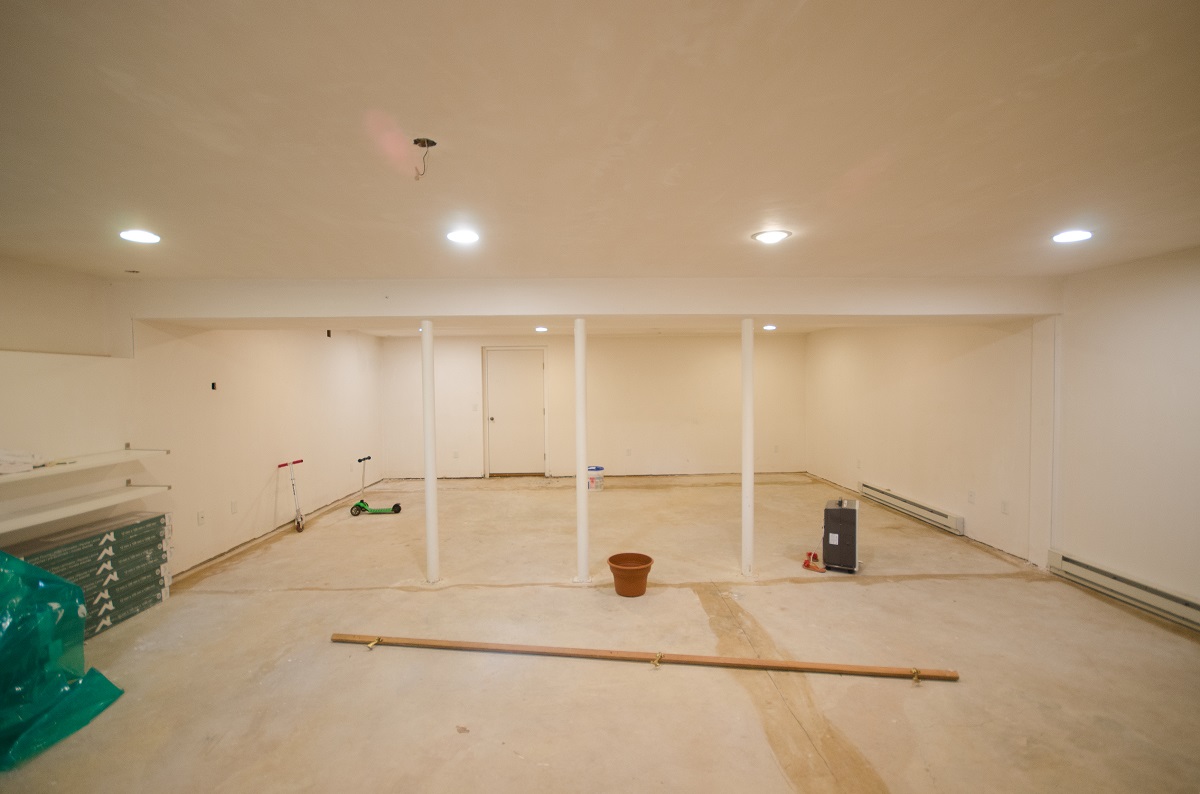
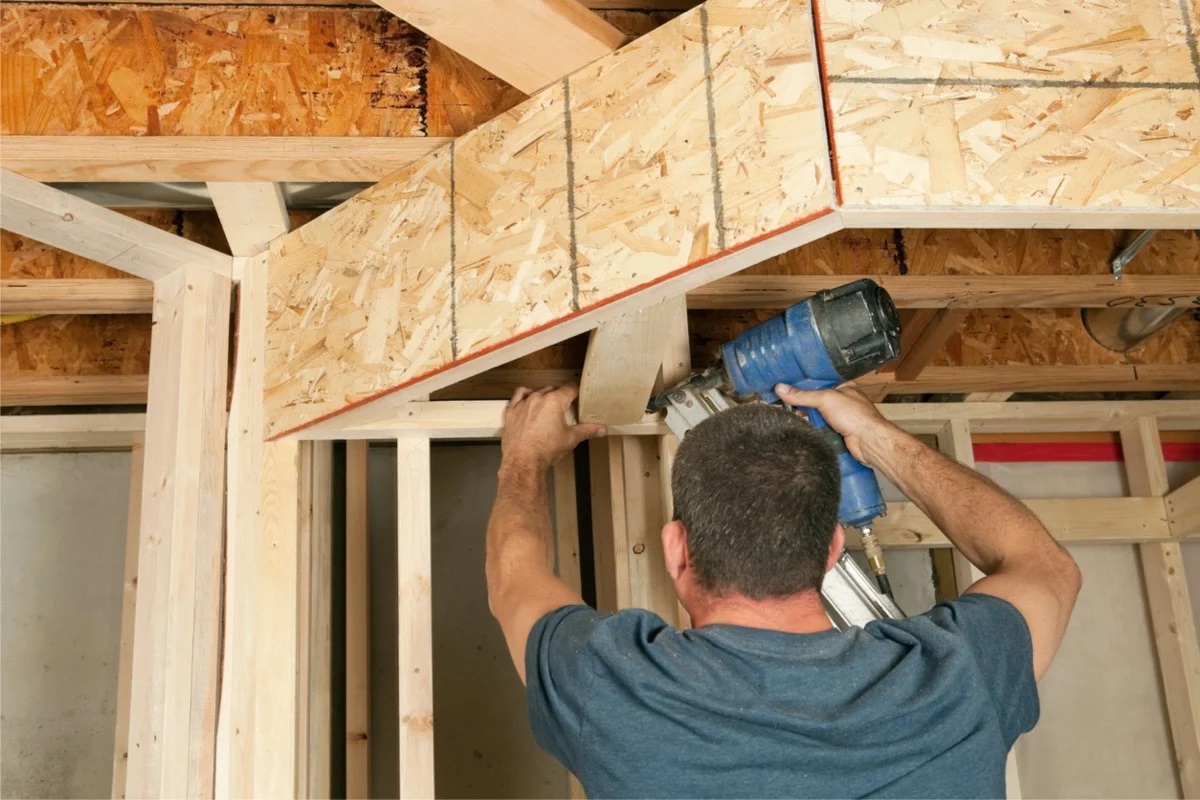

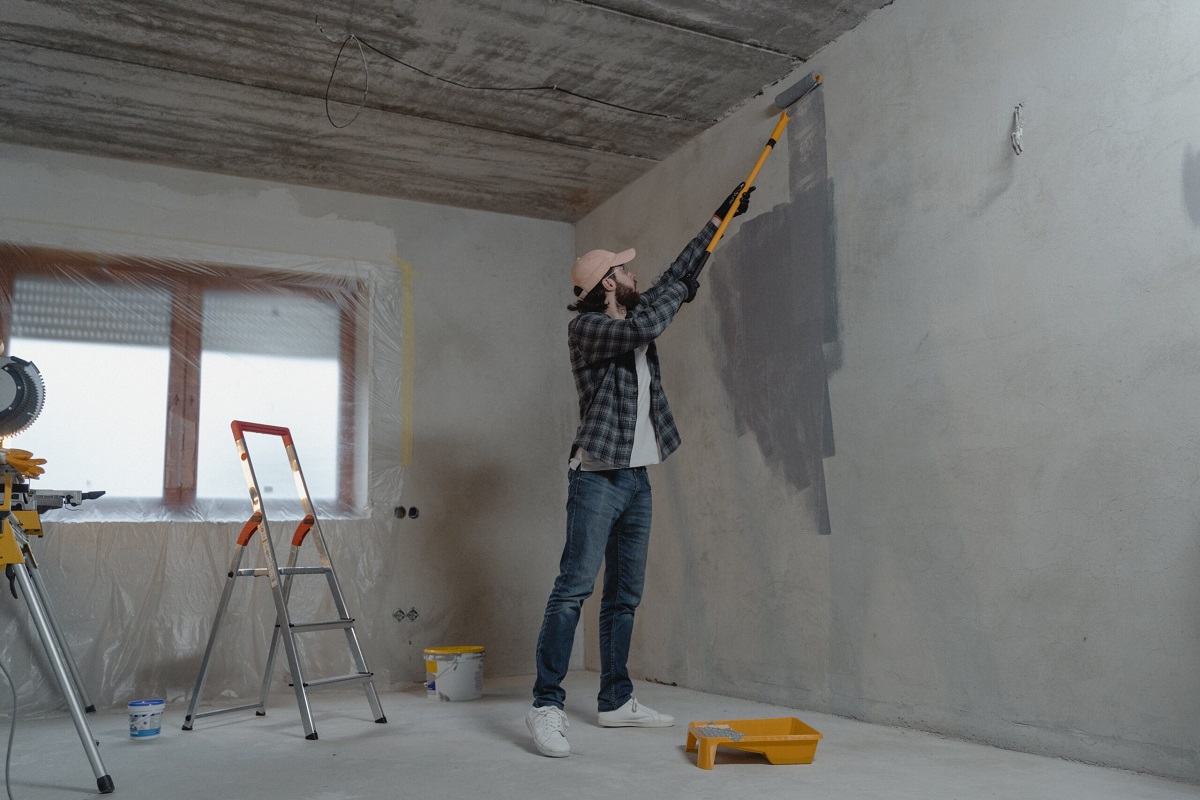
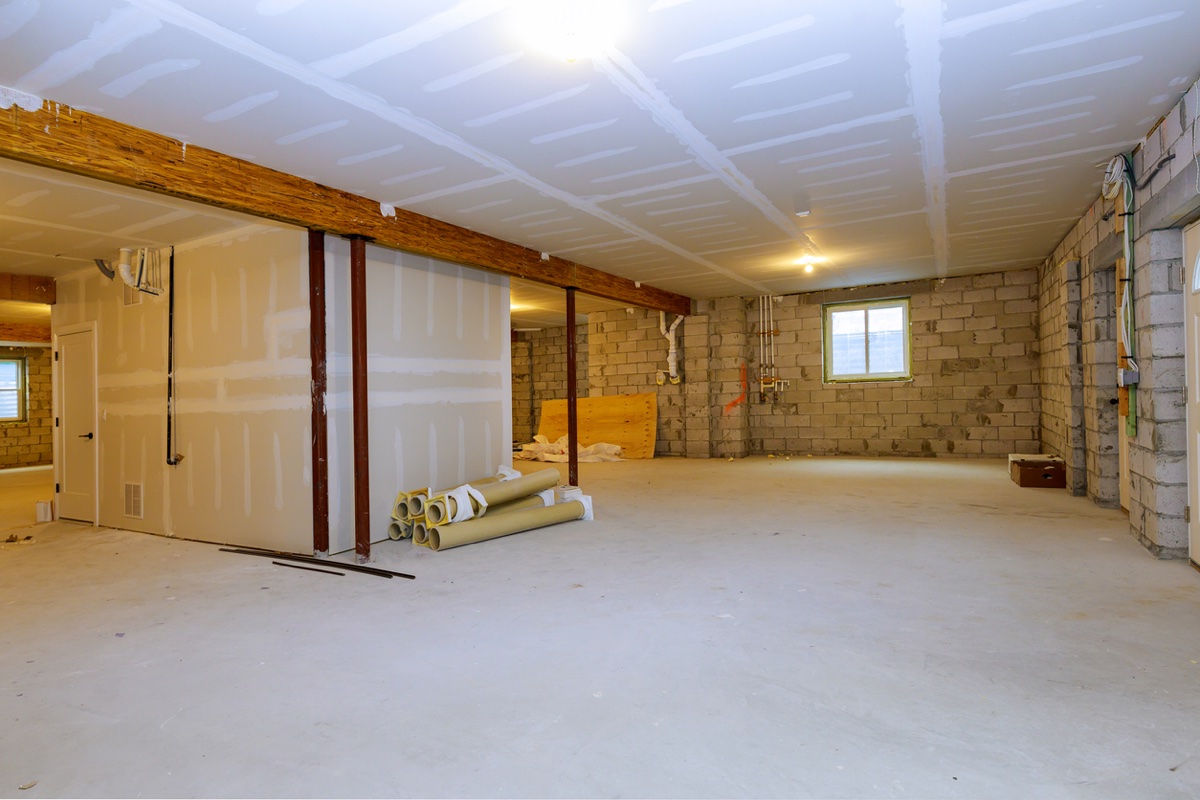

0 thoughts on “What Happens If You Finish Basement Without Permit”